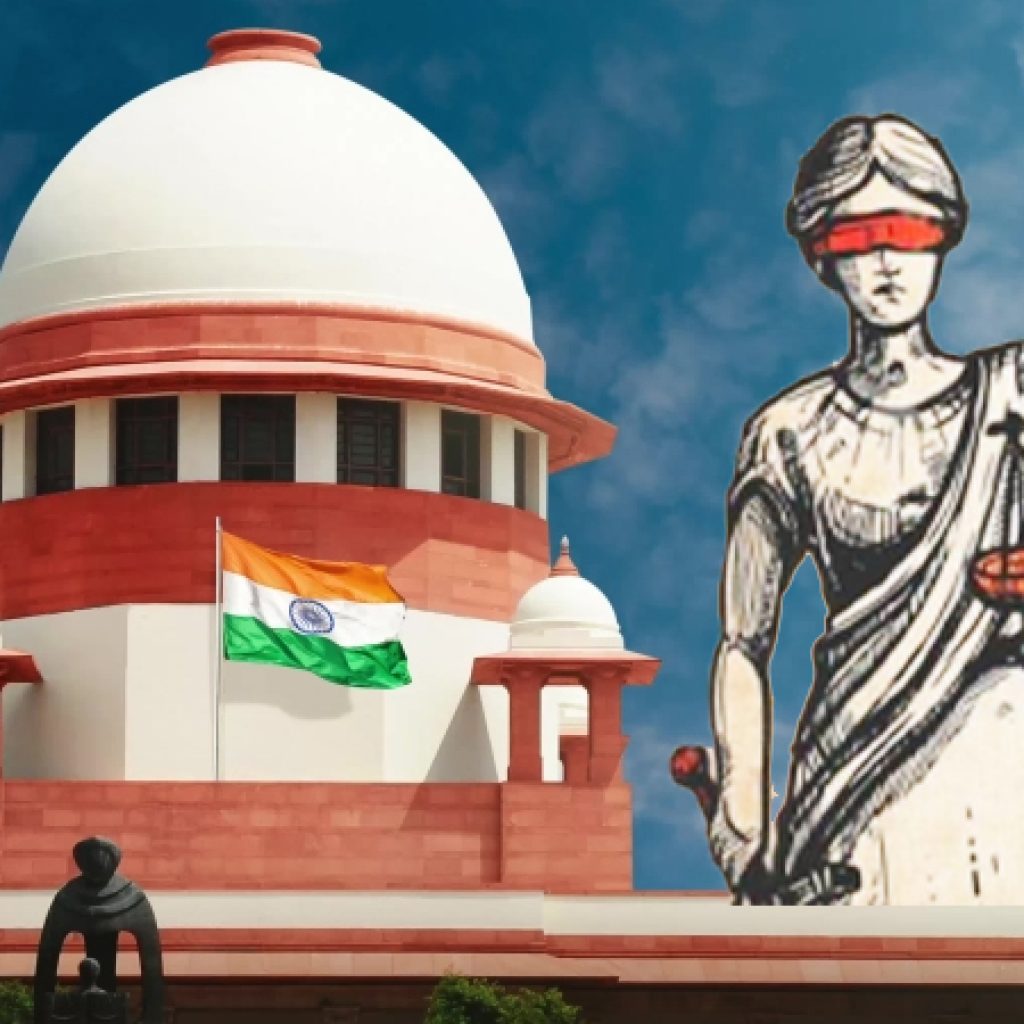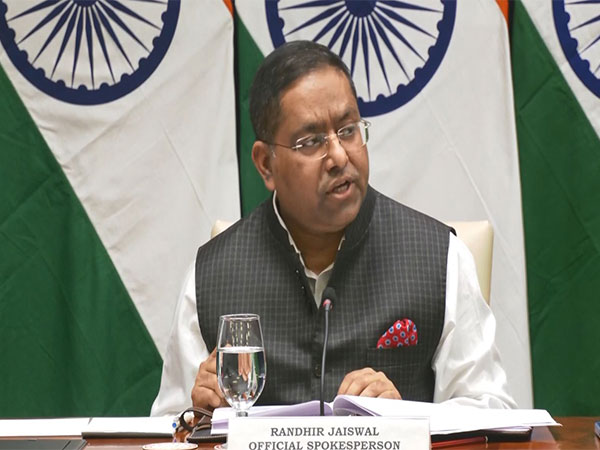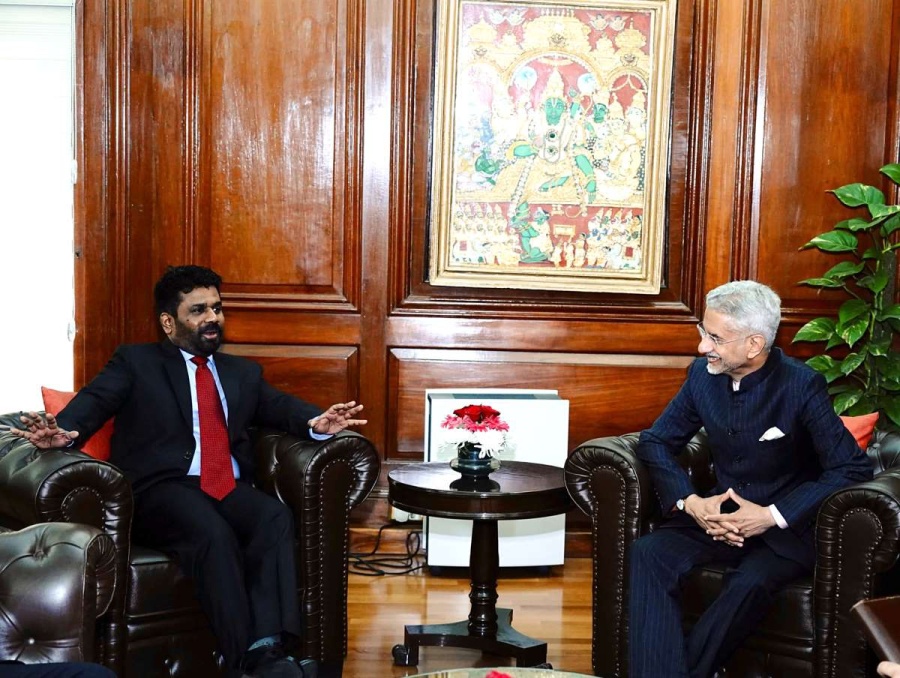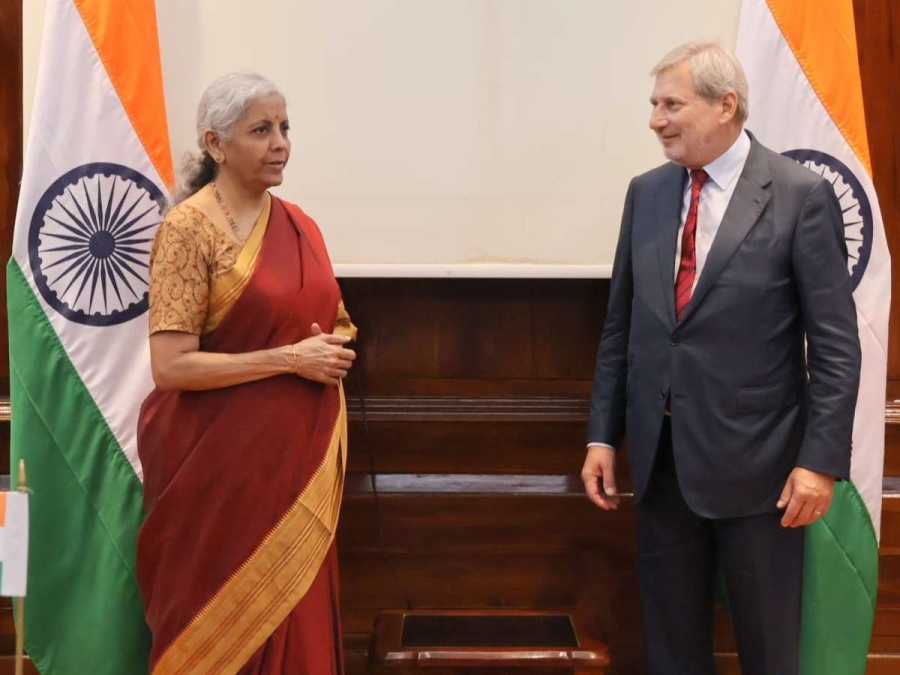The MEA called USCIRF a “biassed organisation” with a political agenda, which continues to misrepresent facts and peddles a “motivated narrative” about India….reports Asian Lite News
India on Thursday once again urged the United States Commission on International Religious Freedom (USCIRF) to desist from its “agenda driven efforts” by misrepresenting facts and peddling a “motivated narrative” about India.
Responding to media queries regarding the ‘Country Update’ on India in the USCIRF report, the Ministry of External Affairs (MEA) slammed the US federal government agency which monitors the universal right to freedom of religion or belief (FoRB) abroad and makes policy recommendations to the country’s President, Secretary of State and US Congress.
“Our views on the United States Commission on International Religious Freedom are well known. It is a biased organisation with a political agenda. It continues to misrepresent facts and peddles a motivated narrative about India. We reject this malicious report, which only serves to discredit USCIRF further,” said MEA spokesperson Randhir Jaiswal.
“We would urge USCIRF to desist from such agenda driven efforts. The USCIRF would also be well advised to utilise its time more productively on addressing human rights issues in the United States,” he added.
It is not for the first time that New Delhi has slammed the “biased and inaccurate comments” made on India by the USCIRF. India has repeatedly and “regrettably” stated over the years that USCIRF continues to “misrepresent facts” time and again in its statements and reports “in pursuance of its motivated agenda”.
From Covid-19 and Delhi riots to the Citizenship Amendment Bill and religious freedom, the MEA continues to trash USCIRF reports and comments.
“The USCIRF is known as a biased organisation with a political agenda. They continue to publish their propaganda on India masquerading as part of an annual report. We really have no expectation that USCIRF will even seek to understand India’s diverse, pluralistic and democratic ethos. Their efforts to interfere in the largest electoral exercise of the world will never succeed,” Jaiswal had said during a media briefing, a few months ago.

SC slams caste-based division of labour in prisons
The Supreme Court on Thursday held, as unconstitutional, the practice of employing “lower caste” jail inmates in cleaning and manual scavenging work in prisons.
A bench, headed by CJI D.Y, Chandrachud directed that the “caste” column and any references to caste in prisoners’ registers inside the prisons will be deleted.
The Bench, also comprising Justices J.B. Pardiwala and Manoj Misra, asked all states and Union Territories to revise their prison rules providing caste-based division of labour in jails within a period of three months.
Further, it also asked the Union government to make changes in the Model Prison Manual 2016 and the Model Prisons and Correctional Services Act 2023 within three months.
The apex court took suo motu cognizance of the discrimination inside prisons on any grounds such as caste, gender, or disability, and ordered listing the case “In Re: Discrimination Inside Prisons in India” after a period of three months.
“On the first date of hearing of the above suo motu petition, all states and the Union government shall file a compliance report on this judgment. The DLSAs and the Board of Visitors formed under the Model Prison Manual 2016 shall jointly conduct regular inspections to identify whether caste-based discrimination or similar discriminatory practices, as highlighted in this judgment, are still taking place inside prisons,” it said.
Further, the Supreme Court asked the National Legal Services Authority (NALSA) to prepare a common status report after compiling reports of joint inspections conducted by DLSAs and the Board of Visitors.
The writ petition filed before the top court contended that forced employment of “lower caste” prisoners in cleaning and manual scavenging work in the state prison manuals amounts to state-sanctioned untouchability, and such practices need to be removed root and branch from society.
It added that the practice of forced employment of the “lower caste” prisoners in conservancy work is in direct violation of ‘The Prohibition of Employment as Manual Scavengers and their Rehabilitation Act, 2013’, which prohibits any person or agency from engaging or employing any person in manual scavenging.
The petitioner Sukanya Shantha said that “many state prison manuals still discriminate against members of denotified tribes through segregation, classification, and other discriminatory practices within prisons” when the Constitution Bench of the Supreme Court had held that a prisoner enjoys all constitutional rights and protections except those that are impaired naturally and directly as a result of the confinement.
ALSO READ: India-Japan strengthen collaboration in science, tech














